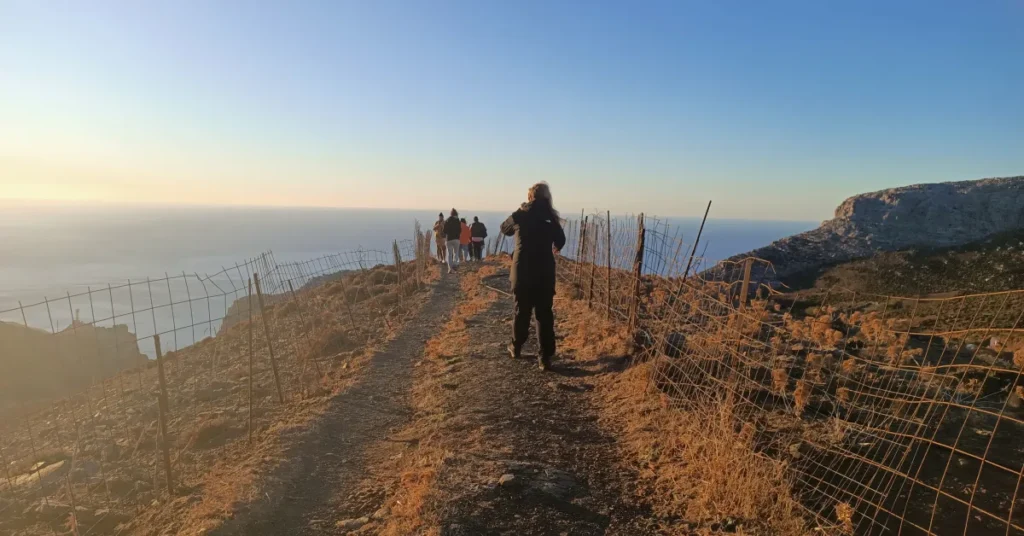The Mediterranean – a global biodiversity hotspot and a cradle of ancient civilisations – remains a rich mosaic of cultures, united by shared traditions, lifestyles, diets, and gestures. Its landscapes and communities embody the deep and enduring connection between nature and culture.
Within this context, biosphere reserves and other UNESCO designated sites exist as living proof that harmony between people and nature is not only possible but essential. These sites serve as ‘living laboratories’ for sustainable development – ideal settings to test and implement innovative solutions to pressing environmental and societal challenges.
This year, the Asterousia Hybrid University, co-organised by MIO-ECSDE and UNESCO, and supported by the Region of Crete and the Heraklion Development Agency, took bold steps to advance this vision. Under the theme ‘Integrated Natural and Cultural Heritage-based approaches for Biosphere Reserves and other designated sites in the Mediterranean’, the initiative brought together diverse voices and expertise to explore how heritage can guide sustainable futures.
Held in the heart of the Asterousia Biosphere Reserve on the Island of Crete, Greece, Phase A gathered 31 participants and 8 trainers from 10 countries in South-East Europe and the Mediterranean region to discuss innovative solutions to local challenges. From 28-31 October 2025, postgraduate students, educators, young scientists, experts, and site managers joined forces to strengthen their capacity to address site-specific development challenges.
Through engaging lectures and field trips, participants deepened their understanding of how biosphere reserves and other designated sites can lead the way in integrating natural and cultural heritage approaches for sustainable development.

